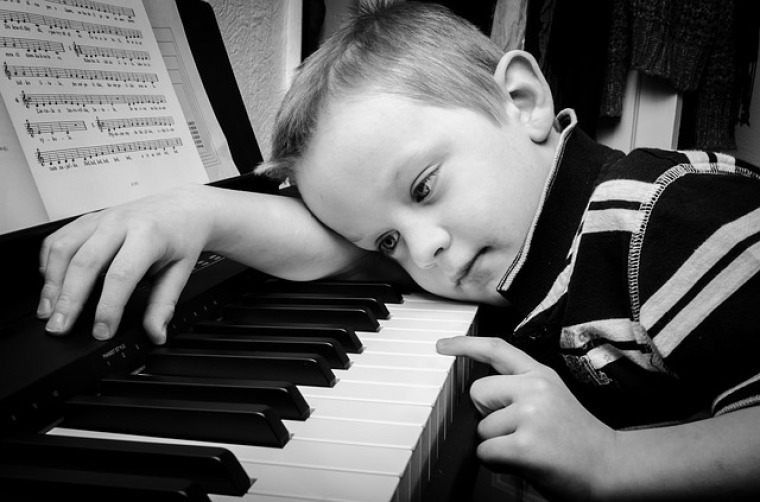

The Child Psychiatry Team of the College of Medicine in University of Vermont has found out that children can focus their attention, control their emotion and diminish anxiety through the help of musical training like studying the piano or playing the violin.
James Hudziak, M.D., Psychiatry Professor and Vermont Center for Children, Youth and Families Director, and his colleagues Matthew Albaugh, Ph.D., and Eileen Crehan, graduate student research assistant named their study "the largest investigation of the association between playing a musical instrument and brain development."
The brain scans from National Institutes of Health Magnetic Resonance Imaging (MRI) Study of Normal Brain Development of 232 kids with ages six to eighteen were analyzed by the team.
The brain's outer layer called cortex changes its thickness as children aged. Hudziak, together with his team, found out that the thinning and thickening of cortex in a particular brain area revealed the happening of depression and anxiety, problems on attention, behavioral control and aggression issues even among healthy children. Hudziak, through this study, wanted to know if a positive activity like music training would affect those cortical indicators.
The authors discovered that playing the music altered brain's motor areas because that said activity needs coordination and control of movement. Changes in brain's behavior-regulating area are more significant to Hudziak. For instance, practice in music influenced the thickness in the cortex's part regarding "executive functioning, including working memory, attention control, as well as organization and planning for the future," the authors write.
The approach seems difficult to achieve. As stated by the authors of the study, the U.S. Department of Education research points out that those students of U.S. high school "rarely or never" take lessons in arts or music.
"Such statistics, when taken in the context of our present neuroimaging results," according to the authors, "underscore the vital importance of finding new and innovative ways to make music training more widely available to youths, beginning in childhood."